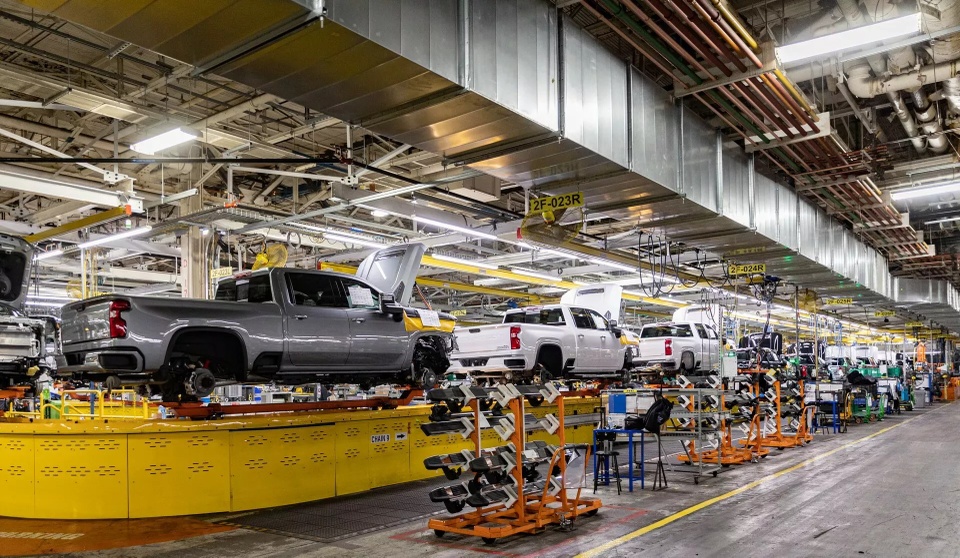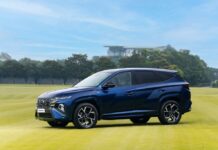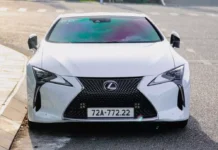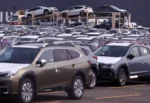
|
According to Carscoops, President Donald Trump’s new tariff policies are not only driving up consumer goods and automobile prices but are also expected to lead to a decline in global automobile production this year.
Analysts at S&P Global Mobility believe that by the end of 2025, only 87.9 million automobiles will be produced, a 2% decrease from the previous year, or an equivalent drop in production of approximately 1.55 million vehicles.
This could be the second consecutive year of declining global automobile production, as a similar situation occurred in 2024 when several Japanese automakers temporarily halted their manufacturing operations.
Per Nikkei Asia, the US automobile market will feel the pressure from the tariffs. Nearly 50% of all new automobiles sold to American customers are manufactured overseas. Additionally, about 30-60% of automobile parts are imported into the US. As a result, automobile production in North America is forecasted to decrease by 9% throughout 2025, while automobile sales in the US may drop by 3%.
Some automobile manufacturers, such as Audi and Jaguar Land Rover, have temporarily halted exports to the US, opting to utilize their existing inventory. Others are doing exactly what President Trump envisioned: moving part of their production to the US.
Last week, Volvo confirmed that it would commence manufacturing models in the US, potentially the XC60 or XC90, in both MHEV and PHEV variants. Honda has also begun transferring the production of the Civic Hybrid to the US, and Mercedes-Benz has announced plans to increase its production capacity in the country, as reported by Carscoops. These moves are expected to take a few years to fully implement.
|
|
The previous month, Volkswagen Group CEO Oliver Blume disclosed that Audi had been in negotiations with the Trump administration regarding the potential establishment of a manufacturing facility in the US. Despite Volkswagen already having a plant in the country, all Audi-branded automobiles sold to American customers are currently imported.
Carscoops commented that moves like these could be considered a “win” for the American automobile industry. However, they also noted that automobiles manufactured in the US may be more expensive than imported ones, primarily due to higher labor costs.
Recommended Reads for Your Drive
Our Cars section offers a diverse range of engaging book titles to accompany you on your journeys. During those relaxing moments on the road, a good book can be an enjoyable companion.










































